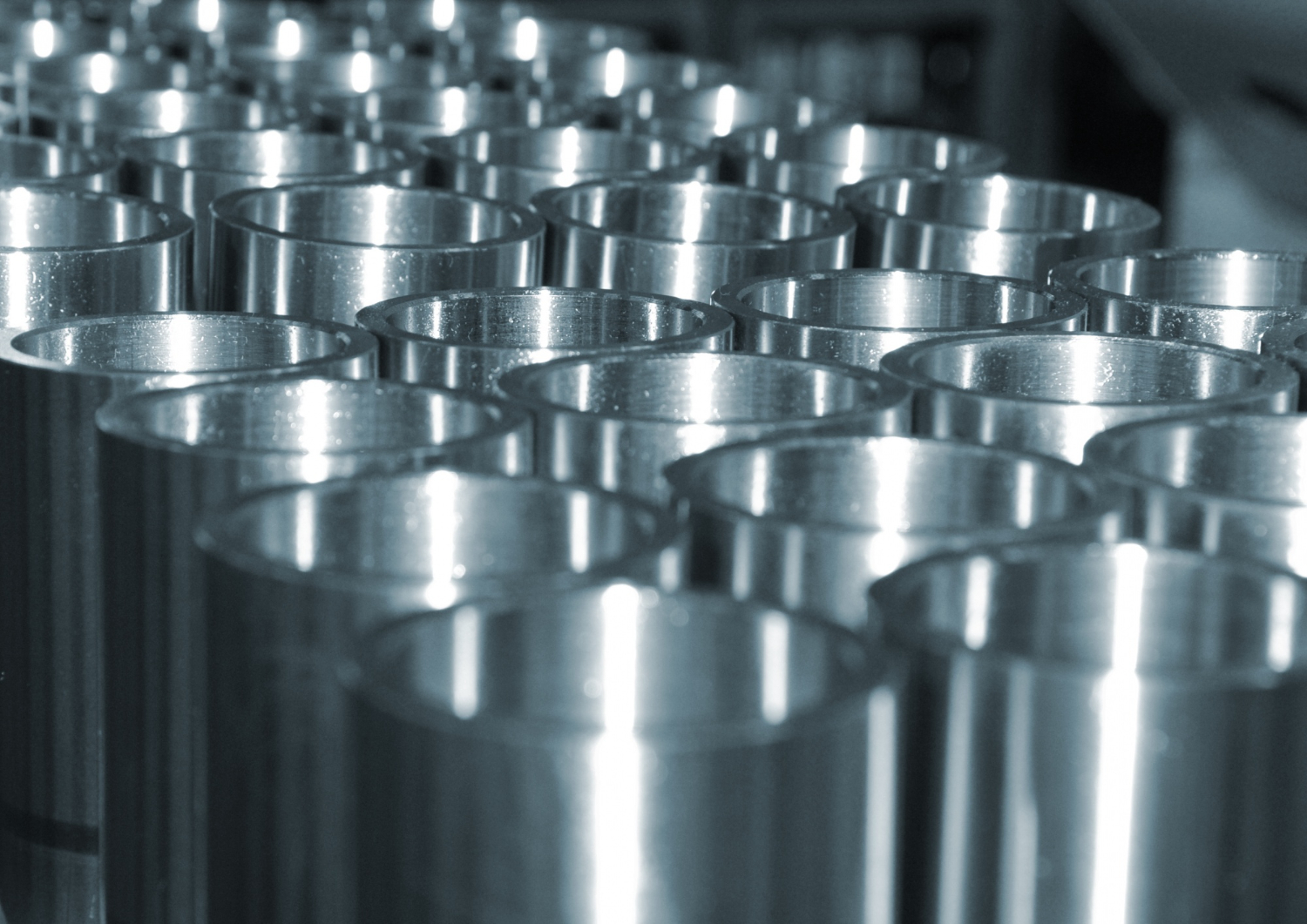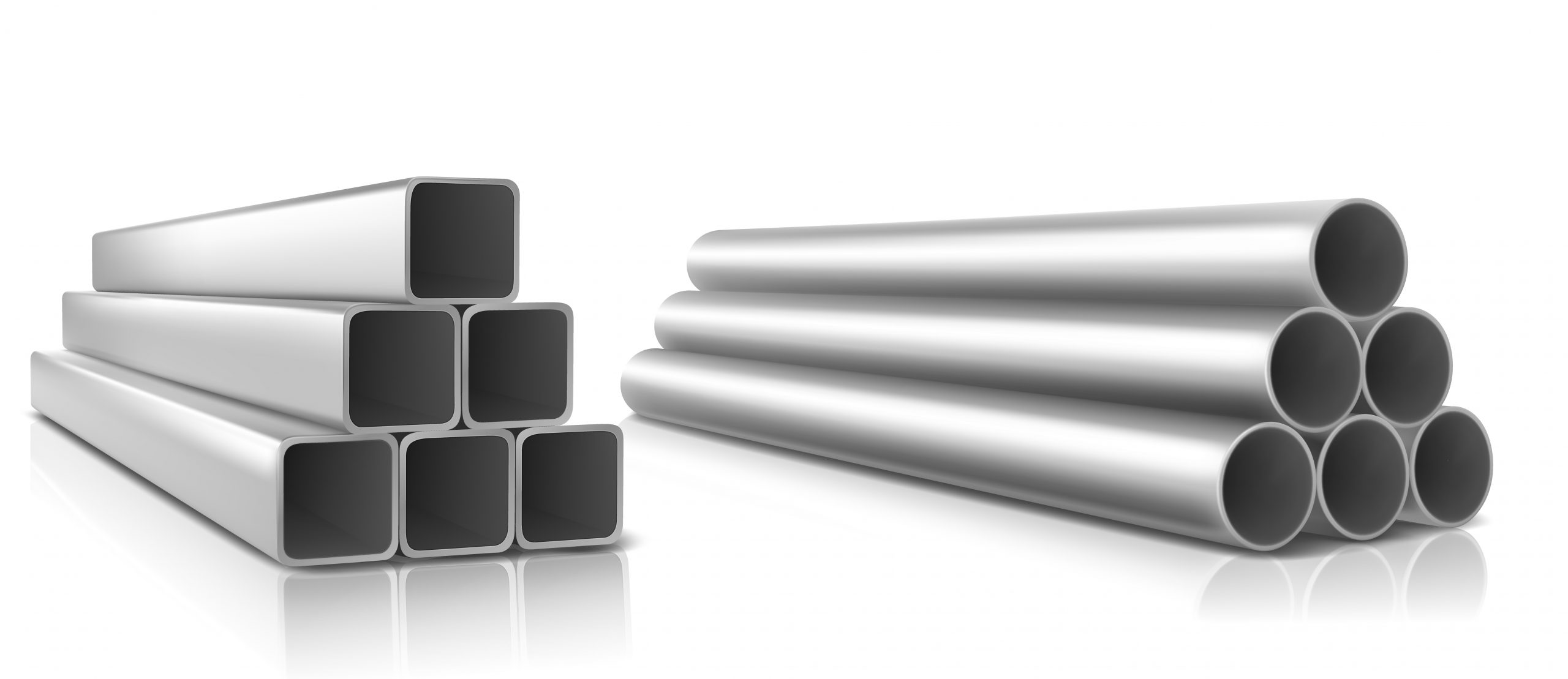Long-Term Value Of Stainless Steel Process Solutions
07 May 2025
5 Mins Read

toc impalement
Manufacturing decisions made on the basis of immediate cost saving can lead to potential hazards, and loss of revenue and reputation in the long term.
Sometimes, manufacturers overlook the need for high-quality materials for manufacturing, considering cost-effective means by compromising quality.
Stainless steel process equipment consistently proves its value across food, pharmaceutical, chemical, and cosmetic industries. It’s an essential component of the manufacturing and product lifecycle.
These materials offer efficiency, durability, and maintain regulatory compliance, thereby working as an investment rather than a simple appliance paid for in a business setting.
Through this blog post, we have explained how stainless steel process solutions can offer a durable solution to the manufacturing industry.
We have also explained why the leading manufacturing companies rely on the valuable use of stainless steel in manufacturing.
1. Durability Of Stainless Steel Process Solutions
Investing in stainless steel equipment ensures long-term reliability and cost-saving capabilities of a manufacturing business. The durability of steel comes from key properties that make it capable of withstanding mechanical and environmental stressors.
Corrosion Resistance
The corrosion resistance of stainless steel process solutions provides it with the biggest advantage in the industrial setting.
Thanks to the chromium content added in the stainless steel, it has a protective passive layer that regenerates constantly. It prevents the steel from oxidation and chemical damage.
Industries that handle acids, chloride-based products, and caustics can benefit from different grades of stainless steels. 316L, among them, is a notable mention as it provides an added layer of resistance in an aggressive processing condition. It far exceeds the longevity that carbon steel has.
Mechanical Strength And Stability
Beyond its corrosion resistance, stainless steel offers high strength-to-weight ratios, enabling thinner vessel walls without sacrificing structural integrity. The material withstands extreme temperatures, whether for cryogenic applications or high-temperature processing.
Its fatigue resistance is particularly valuable in equipment subject to cyclic stress or thermal shifts. Unlike carbon steel, which develops cracks over time, stainless steel process solutions maintain their structural integrity through countless operational cycles, significantly reducing replacement costs.
2. Product Quality And Safety Benefits

Durability of the stainless steel process solutions is just one side of its long range of benefits. However, its ability to maintain any product quality and ensure compliance with the state and federal safety standards makes it a must-have option within the organization.
Contamination Prevention
Stainless steel is unparalleled in terms of its quality for storing and maintaining the purity of beverages, food, and medicines. Stainless steel has a non-reactive surface, preventing contamination risk.
Also, it’s a material that prevents the leaching of unwanted compounds, which can alter the taste, quality, and color of stored food and beverages.
Additionally, its non-porous surface resists bacterial adhesion and biofilm formation, making cleaning easier and reducing contamination risks. Electropolished stainless steel process solutions further enhance cleanability, making it ideal for high-purity applications.
Temperature Control And Efficiency
Stainless steel exhibits predictable expansion rates and thermal conductivity, allowing precise temperature regulation in heating and cooling processes.
For applications like jacketed vessels and heat exchangers, stainless steel is capable of maintaining consistent efficiency that doesn’t cause the gradual performance decline seen in an alternative material. This level of stability improves product quality and also reduces long-term energy consumption.
3. Cost Efficiency And Operational Reliability
Stainless steel equipment also requires a higher initial investment. However, it’s better to invest in these parts compared to their alternatives that require frequent replacement.
A one-time investment that doesn’t get in the way of operation for long-term returns and better ROI. Here’s how it’s more cost-effective than its cheaper alternatives :
Minimal Maintenance Requirements
Over an equipment’s lifespan, maintenance costs often surpass the initial investment. Stainless steel significantly reduces ongoing upkeep by eliminating the need for corrosion protection, repainting, or frequent coating repairs.
Its smooth surface minimizes product buildup and scaling, reducing cleaning time and associated labor costs. When cleaning is required, stainless steel withstands aggressive sanitation chemicals without degradation, ensuring long-term operational efficiency.
Enhanced Equipment Reliability
Manufacturing productivity depends on equipment reliability. Stainless steel process solutions prevent unplanned downtime by resisting standard failure modes associated with inferior materials. Continuous processing facilities particularly benefit from this durability, avoiding costly production interruptions.
Additionally, stainless steel process solutions retain significant resale and salvage value due to their high alloy content. Even after decades of service, it can be refurbished or recycled, making it an economically sound long-term investment.
4. Sustainability and Compliance Benefits
Modern industries have gone beyond using the power of technology for faster and higher-quality production. The best modern practices also include following sustainable means to reach the end goal of a manufacturing business.
With stainless steel components used for manufacturing, businesses can finally stay compliant with those requirements. It’s not only efficient in terms of durability and higher quality, stainless steel also offers longevity, recyclability, and compatibility with minute and efficient safety standards.
The following are some important parameters that stainless steel helps fulfill for the manufacturing businesses –
Longevity
The durability and longevity of steel as an element make it almost indestructible and sustainable. It has a strong resistance capability that goes beyond corrosion and wear, extends its lifespan, reducing the need for constant replacement and repairs. It minimizes waste and constant resource consumption.
Recyclability
Stainless steel is completely recyclable. 100% of the manufacturing components made of steel can be recycled.
Users can recycle them indefinitely without having to worry about the quality getting downgraded. It minimizes the need for virgin materials for more manufacturing, reducing landfills and waste in the process.
Environmental Impact
Stainless steel reduces replacement cycles and conserves energy during production. It is 100% recyclable, ensuring minimal environmental impact when equipment reaches end-of-life.
Selecting suppliers who incorporate recycled materials further enhances sustainability, reducing the carbon footprint associated with manufacturing new equipment.
Regulatory Compliance
Strict industry standards emphasize cleanability, traceability, and material compatibility. Stainless steel process solutions simplify compliance by meeting regulatory guidelines across multiple sectors, including pharmaceuticals and food production.
Its established track record in critical applications ensures that it will continue to meet evolving industry standards, reducing validation costs and compliance efforts for manufacturers.
Conclusion
The long-term benefits of stainless steel process solutions don’t only rely on initial costs. It goes beyond. These solutions provide an extended service life of a product, a superior quality of products, and a reduced maintenance cost.
Also, there are different regulatory advantages, such as stainless steel offering something unmatched in investment.
Most manufacturers who value efficiency, reliability, and sustainability always choose stainless steel for more important applications. Businesses can ensure long-term success through durable, high-performance processing equipment by evaluating operational needs and lifecycle costs.
Read Also:


















Comments Are Closed For This Article